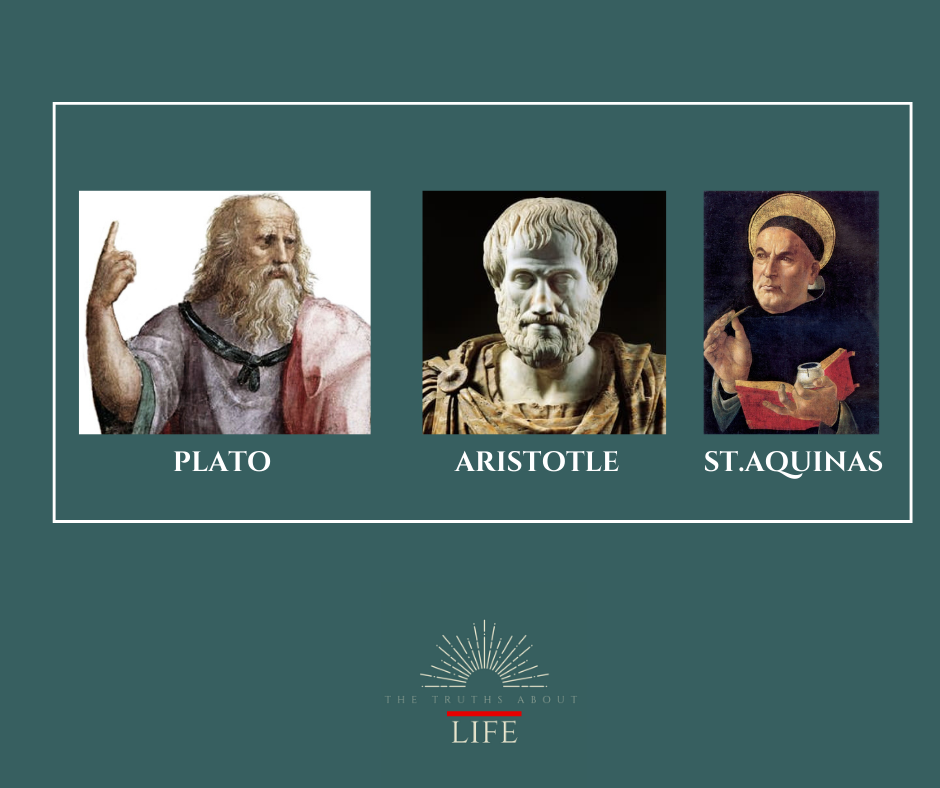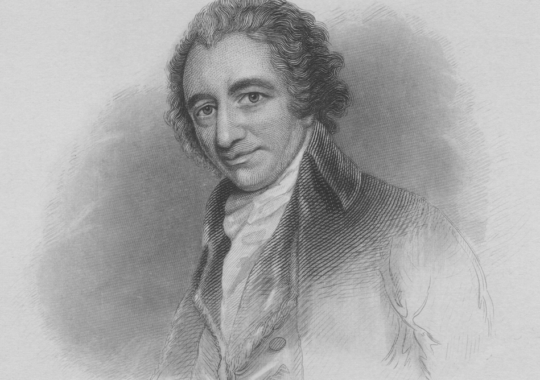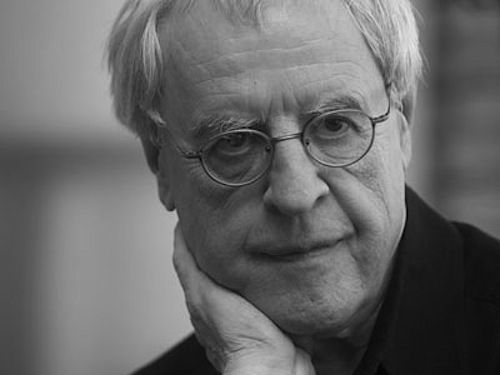How did three great philosophers, who shared so much in common, saw family, society, and political situation. One would say that if they had so much in common, their views on important topics were similar, but actually differed in a great way.
For instance, Plato saw a family as a source of conflict which can arise in within society and cause consequential escalated issues which are transposed into the society and politics (Brown, n.d.).
This is explained through very simple examples, where he is suggesting that parents may be very biased when it comes to their children and therefore they don’t have rational judgement. For example, if father or mother of one child should decide if he or she should help a child in need, they would most likely choose to help their own child instead of helping some other child who be more in need for help than their own child. Maybe even their own child is perfectly good and he doesn’t even need help, but many times parents will exaggerate and they will see their own child as the one who needs help.
“To him who disgraces his family life is no life, and to such a person there is no one a friend, neither while living nor when dead.” – Plato
Plato sees that as initially small problem, which can escalate later in a way have smaller societal gain, which can definitely have huge impact on the society and the politics (Brown, n.d.). Therefore, his suggestion is to avoid any emotional connections, that can distract our mind to act in a way that can have negative consequences on the society as a whole.
To be honest, I am not in favor of Plato’s ideas, but this one does have a sense. I think that we all know that so many times we are acting from our emotions, which can bring also many times a very negative output. There is a reason why we are taught to exclude our emotions when it comes to business. Just imagine yourself in a situation when your business partner is giving you a hard time and you let your emotions to prevail. You will have a disaster with huge negative impact, that can cause you or your company’s business and reputation.
I believe that it’s pretty much the same when it comes to raising our children. We let to many times our emotions to prevail, so we snap, we suppress them, we act aggressively, we are not patient with them, we are afraid too much for them or in contrast we are too lenient towards them etc. Sometimes (probably many times) we think that we are helping our children, when in fact we are doing the opposite. We are making whole new generation of dependent little humans, who are not capable to make their own decisions, with taking care of them too much. All those reasons and many more can lead us towards the direction of taking the worst possible decision for our children.
Looking from presented perspective, I can agree till some point with Plato’s view on family, society and politics and on their interconnections. I am agreeing here just till some point, because at the end we are humans, this can’t be denied and eliminating the love that we have towards our children, might seem pretty impossible thing to do.
Also, I feel that Plato’s view and points are too conceptual and to controversial, as in his works he is even suggesting that in order to see the ultimate truth we should eliminate all our sensory distractions, even good for sexual life (J., 2018). I do have a hard time accepting that our bodies and feelings are just a distraction and without those distractions as Plato called them, it leads me to question if we eliminate the distraction of our emotions and body reactions, are we even still humans or just robots? This question keeps me wondering what would we become if we remove all distraction according to Plato.
Aristotle on other hand had a bit more grounded view on the same topics, at least by my opinion. He sees a great importance of the family that is basis for community, but yet at the same time his views are not so strict when it comes to marriage and family.
Aristotle sees a family as a basic for further development, which is necessary for well oriented society and politics.
“The family is the association established by nature for the supply of men’s everyday wants.” – Aristotle
By definition of Aristotle family will give us the satisfaction of our basic needs that we need for life and development, such as lives and reproduction. From there the by his view, the family will be expanded and with its expansion it will grow into the community that we can call a village and from there to the city. He arguments his views by villages as bigger community, can be more self-sufficient and less dependent from other factors. That is, a bigger community will be able to develop wider range of skills, than one small family would never be able to develop (Clayton, 2002).
Further, Aristotle compares the impact or functioning of the family and the village or even a city with functioning of the human body, where he argues that if the whole body will be destroyed, then also individual organs of the body will cease to exist (Clayton, 2002). I believe that Aristotle tried to emphasize here individual humans need the community more than the community would ever need the individuals. For example, if one individual would be destroyed, this would most certainly not mean that also community would be destroyed, but vice versa could mean exactly that.
Also, here, with Aristotle’s view I agree in most points and he makes even very good and understandable arguments. First there is an individual who belongs to a family, which is later expanded to be a community which can have a great impact on the whole society and politics. If the base condition would be well satisfied than even later expansions will develop in more positive ways.
I can compare this view with building a house. If you have a good and solid basis for building a house, you also have a good predisposition for further good development. But if you have a rocky foundation, then the house might collapse in any time.
St. Aquinas had very similar view on the impact of the family to the society and politics as Aristotle, with some small differences. St. Aquinas saw a family as a necessary foundation for formation of prosperous society (ST. THOMAS AND HIS TEACHING ON THE FAMILY, n.d.).
“If the highest aim of a captain were to preserve his ship, he would keep it in port forever.” – St.Thomas Aquinas
By my understanding of his definition of family and its impact on the society and politics it all starts with natural competition of reproduction. Man and woman united in the holy matrimony, taking care of reproduction and shared life of the family members and community.
I can also agree with St. Aquinas till some point as we have organs which purpose is reproduction and creation of our descendants. This reproduction is creating a family and later more families is formed into the community. Communities are the ones that will be able again to dismiss the lack of self-sufficiency and dependency for individuals and within community individuals will be able to develop themselves.
My view on the same matters of family, society and politics is mixture of all three philosophical views of Plato, Aristotle and St. Aquinas. I believe that all three great thinkers had some really excellent points, backed up with very good arguments. At the same time, all three of them presented some points in that are outside of my personal philosophy.
Some of the things that I agree with all three philosophers:
- Inside of family we will act through our emotions, which will make us biased and for consequence we can make completely wrong decisions (Plato’s view as explained above). I think that even understanding this point, it will help us to be more rational when making such decisions and I don’t really believe that we can fully exclude our emotions.
- A family as a basic for further development, which is necessary for well oriented society and politics (Aristotle’s view as explained above). This is a new perspective that I learned in this unit. I agree with it very much, as Aristotle presented very good arguments for this view. Family is a base for positive development of society and politics.
- The essence of the family is reproduction (St. Aquinas’s view as explained above), which will lead to development of healthy society and political views.
I have to say that till now I always found a family as an important aspect in human’s life, but I never looked on it from the view of society and politics. Putting this now on paper, made me think even deeper about this topic.
References
Brown, J. M. (n.d.). Plato and the Abolition of the Family. Retrieved from http://www.academia.edu/3070388/Plato_and_the_Abolition_of_the_Family
Comparing the Similarities and Differences Between Plato and Aristotle. Retrieved from https://owlcation.com/humanities/Compaison-of-Plato-and-Aristotle
Clayton, E. (2002). Aristotle: Politics. Retrieved from https://www.iep.utm.edu/aris-pol/
THOMAS AND HIS TEACHING ON THE FAMILY. (n.d.). Retrieved from https://www.dominicanajournal.org/wp-content/files/old-journal-archive/vol18/no3/dominicanav18n3stthomashisteachingonfamily.pdf





